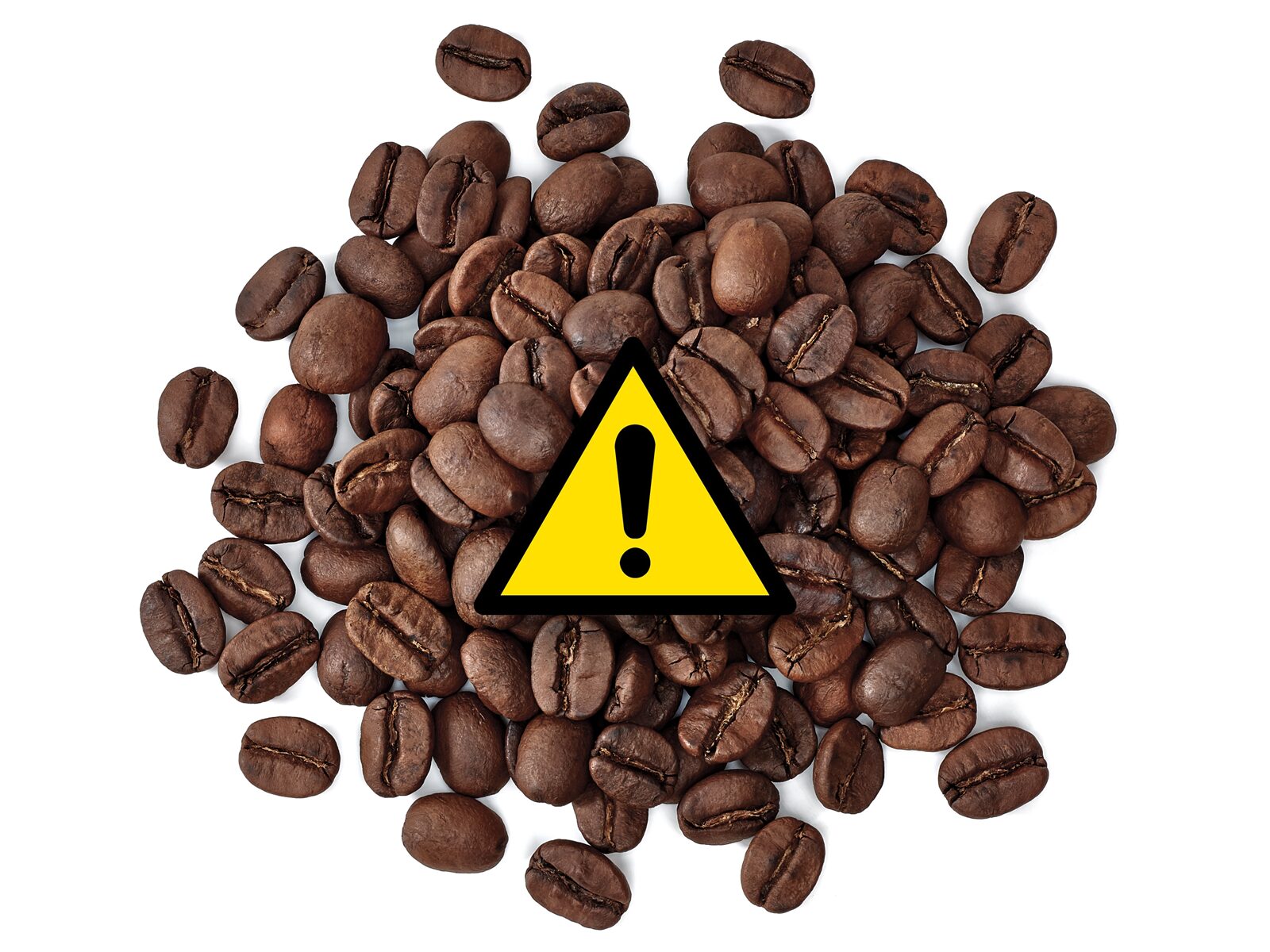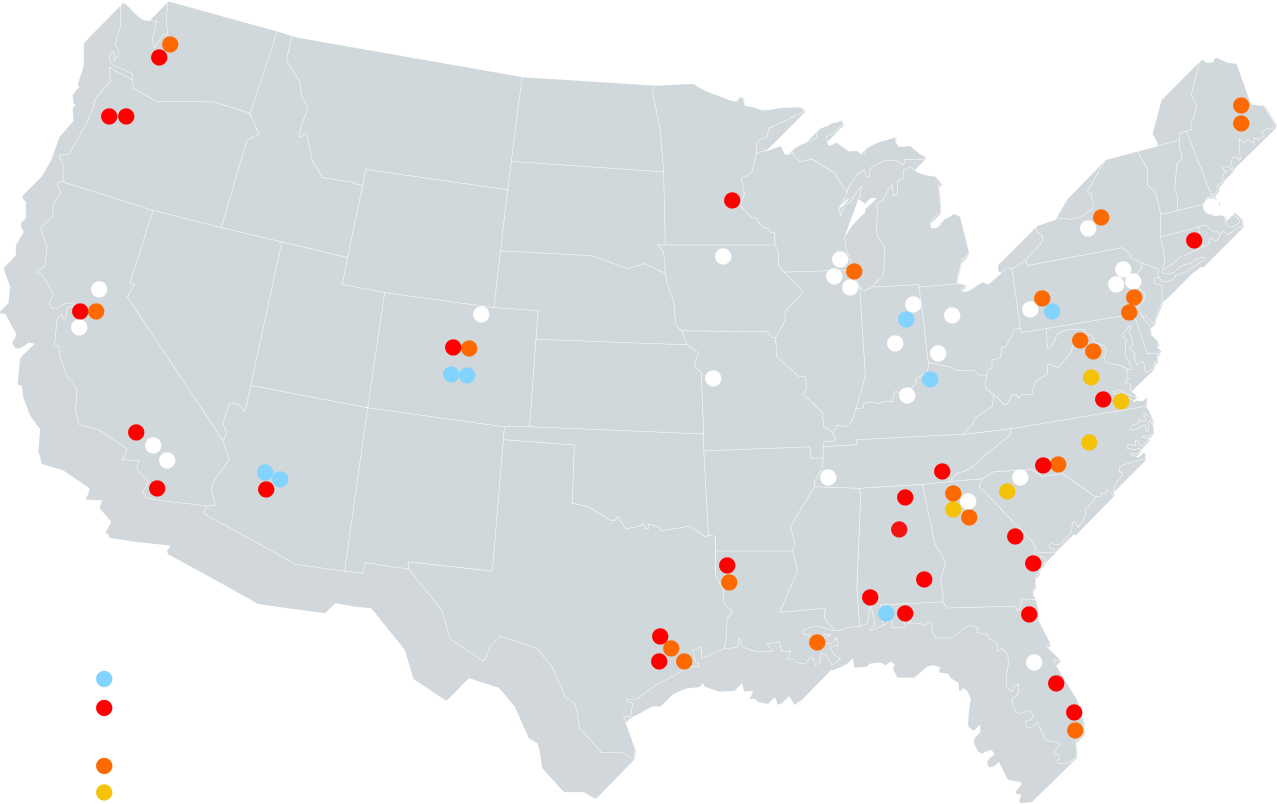ATS performs Acrylamide Testing in accordance with California’s Prop 65. Regulations have put safety limits on Acrylamide content in many manufactured products – ATS can help monitor for compliance.
About Acrylamide
The chemical compound Acrylamide, in its naturally occurring state, is a white, crystalline material that does not produce a smell and is water-soluble. It is used in many industrial processes such as treating wastewater, making paper, processing ores, manufacturing dyes, extracting oil, and performing gel electrophoresis. Acrylamide also occurs in certain foods after they have been cooked and is generated when smoking a cigarette.
Reasons for Testing
Studies have shown an increased likelihood of cancer in test subjects subjected to large doses of acrylamide. OSHA declared the compound to be a carcinogen in 1988 based on this research. Although relatively few conclusions have been reached regarding its effect on humans, Acrylamides have generated enough of a concern that multiple regulatory agencies have noted it as a serious concern moving forward.
Acrylamide was first subjected to the attention of the general public after a report was published in 2002, saying that the chemical is created as a natural byproduct of preparing certain foods that are high in starch, like french fries and potato chips, in high-temperature cooking methods like frying; roasting coffee beans also produces acrylamide through the same chemical reaction. This revelation prompted the FDA to investigate as well, but they too have few, if any, guidelines on acrylamide – there are no standards on acrylamide in foods. The agency recommends cutting down the amount ingested but has not regulated their presence in food products.
California’s Proposition 65, an initiative to label products containing chemical components that are known or suspected to cause cancer or birth complications with too much exposure, added acrylamide to its list of toxic chemicals in 1990. It established exposure limits for the chemical – Maximum Allowable Dose Level of 140 micrograms/day and No Significant Risk Level (NSRL) of 0.2 micrograms/day – to provide guidelines for consumer safety regarding Acrylamide.
Businesses in the state of California that do not comply with the warning label section of Prop 65 (which applies to materials on the toxic chemical list in quantities above the NSRL) may be subject to legal action.
Click Here to read more about Prop 65’s assessment of acrylamide.
How Does Acrylamide Testing Work?
Testing labs, like Applied Technical Services, Inc., analyze products and foods for contaminants through various means. ATS uses Gas Chromatography / Mass Spectrometry (GC/MS) to perform acrylamide testing. Utilizing GC-MS, ATS can analyze for acrylamide at low detection limits to both identify if it is present and help toxicologists determine if a warning label is necessary for Prop 65 compliance.
ATS and Prop 65 Compliance
ATS routinely performs various testing methods to support compliance with the California Proposition 65 requirements, which requires manufacturers/importers to properly warn consumers of chemicals contained in products that may be a cancer risk or a reproductive toxin.
For over 50 years, ATS has provided testing, engineering consulting, and inspection services to clients from a variety of industries. Our chemists expertly handle our finely calibrated equipment, producing highly accurate results within a quick turn-around window. If your company needs exhaustive acrylamide testing services, contact ATS today with your needs — we take a closer look!
ATS partners with manufacturers/importers, legal professionals, toxicologists, and consumer advocacy groups to ensure Proposition 65 compliance.



